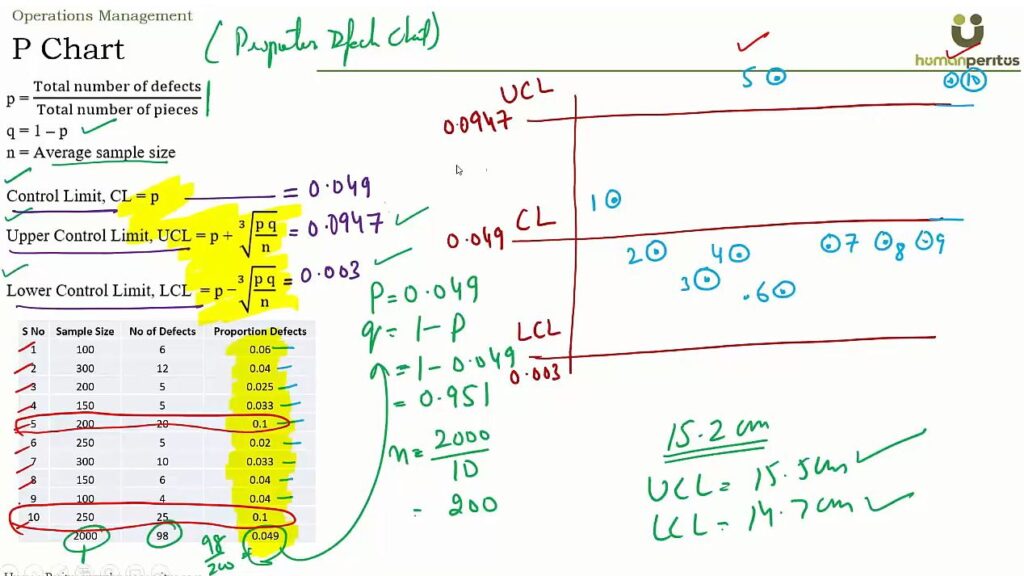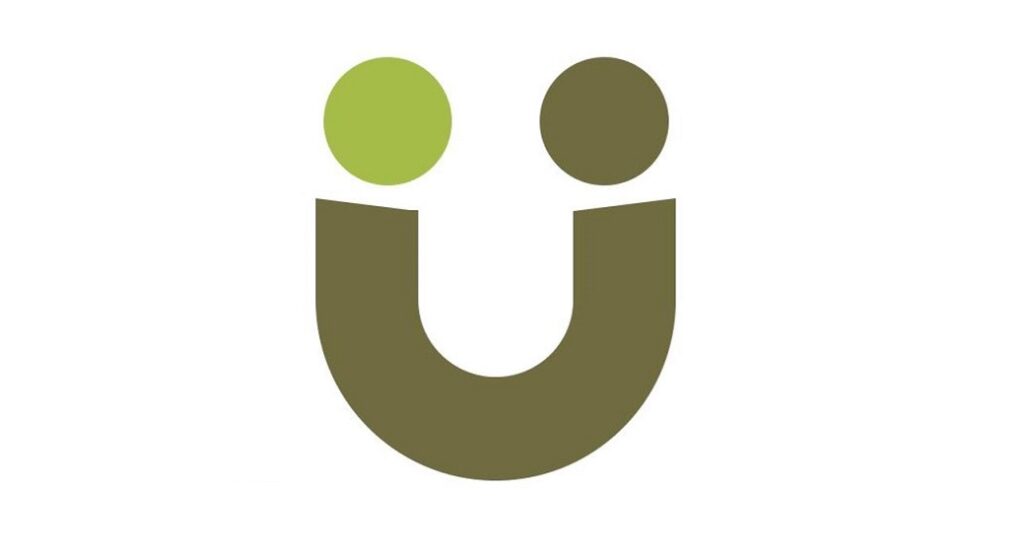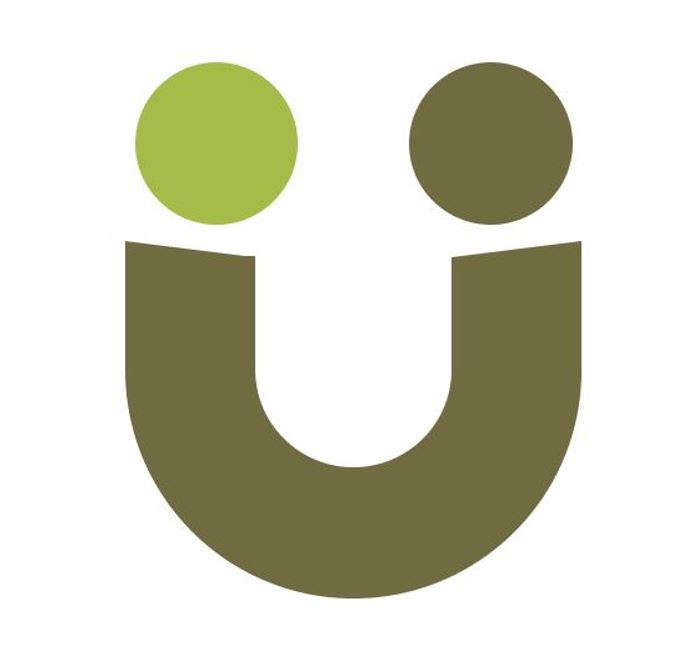Syllabus of UGC NET in Management
This page will give you complete information on the syllabus of the Management subject for UGC NET in Management. For Management (Code 17) it was last updated by the UGC in Jan 2019 and after that the syllabus has been same.
The syllabus of the Management subject has been sub-divided into two papers, Paper 1 and Paper 2. There are 50 questions in Paper 1 and 100 questions are in Paper 2. Each question is of equal marks and there is no negative marking. Thus, these total of 150 questions are to be attempted in 3 hours, without any break between two papers.
Each of these two papers further has 10 units of syllabus. You can also download the pdf files of the syllabus for Management subject. Paper 1’s syllabus has been given below the syllabus of Paper 2 of UGC NET in Management.
You may also check other data points about this exam like previous years question papers, eligibility, cut off in previous years, coaching classes, study material, important books etc. Still, if you have something else on your mind, you may connect with our team. We will do our best to support you in your preparation.
Do you know during Nov 2021 exam of UGC NET, 97% Questions were from course of Human Peritus?
Want to have a discussion with Faculty on Preparation plan....

Syllabus of Paper 2- UGC NET in Management
After a period of more than 10 years, the UGC has changed syllabus of NET in Management, w.e.f June 2019 exam. The notification of change of syllabus was published on 6th Jan 2019. There has been no change in the syllabus after Jan 2019. The syllabus of UGC NET in Management is sub-divided into 10 units.
- Management – Concept, Process, Theories and Approaches, Management Roles and Skills
- Functions – Planning, Organizing, Staffing, Coordinating and Controlling.
- Communication – Types, Process and Barriers.
- Decision Making – Concept, Process, Techniques and Tools
- Organisation Structure and Design – Types, Authority, Responsibility, Centralisation, Decentralisation and Span of Control
- Managerial Economics – Concept & Importance
- Demand analysis – Utility Analysis, Indifference Curve, Elasticity & Forecasting
- Market Structures – Market Classification & Price Determination
- National Income – Concept, Types and Measurement
- Inflation – Concept, Types and Measurement
- Business Ethics & CSR
- Ethical Issues & Dilemma
- Corporate Governance
- Value Based Organisation
- Organisational Behaviour – Significance & Theories
- Individual Behaviour – Personality, Perception, Values, Attitude, Learning and Motivation
- Group Behaviour – Team Building, Leadership, Group Dynamics
- Interpersonal Behaviour & Transactional Analysis
- Organizational Culture & Climate
- Work Force Diversity & Cross Culture Organisational Behaviour
- Emotions and Stress Management
- Organisational Justice and Whistle Blowing
- Human Resource Management – Concept, Perspectives, Influences and Recent Trends
- Human Resource Planning, Recruitment and Selection, Induction, Training and Development
- Job Analysis, Job Evaluation and Compensation Management
Strategic Role of Human Resource Management
Competency Mapping & Balanced Scoreboard
Career Planning and Development
Performance Management and Appraisal
Organization Development, Change & OD Interventions
Talent Management & Skill Development
Employee Engagement & Work Life Balance
Industrial Relations: Disputes & Grievance Management, Labour Welfare and Social Security
Trade Union & Collective Bargaining
International Human Resource Management – HR Challenge of International Business
Green HRM
- Accounting Principles and Standards, Preparation of Financial Statements
- Financial Statement Analysis – Ratio Analysis, Funds Flow and Cash Flow Analysis, DuPont Analysis
- Preparation of Cost Sheet, Marginal Costing, Cost Volume Profit Analysis
- Standard Costing & Variance Analysis
- Financial Management, Concept & Functions
- Capital Structure – Theories, Cost of Capital, Sources and Finance
- Budgeting and Budgetary Control, Types and Process, Zero base Budgeting
- Leverages – Operating, Financial and Combined Leverages, EBIT–EPS Analysis, Financial Breakeven Point & Indifference Level.
- Value & Returns – Time Preference for Money, Valuation of Bonds and Shares, Risk and Returns;
- Capital Budgeting – Nature of Investment, Evaluation, Comparison of Methods;
- Risk and Uncertainly Analysis
- Dividend – Theories and Determination
- Mergers and Acquisition – Corporate Restructuring, Value Creation, Merger Negotiations, Leveraged Buyouts, Takeover
- Portfolio Management – CAPM, APT
- Derivatives – Options, Option Payoffs, Option Pricing, Forward Contracts & Future Contracts
- Working Capital Management – Determinants, Cash, Inventory, Receivables and Payables Management, Factoring
- International Financial Management, Foreign exchange market
Strategic Management – Concept, Process, Decision & Types
McKinsey 7s Framework
Strategy Formulation – SWOT Analysis, Corporate Strategy – Growth, Stability, Retrenchment, Integration and Diversification, Business Portfolio Analysis – BCG, GE Business Model, Ansoff’s Product Market Growth Matrix
Strategy Implementation – Challenges of Change, Developing Programs
Strategic Analysis – External Analysis, PEST, Porter’s Approach to industry analysis, Internal Analysis – Resource Based Approach, Value Chain Analysis
Marketing – Concept, Orientation, Trends and Tasks, Customer Value and Satisfaction
Market Segmentation, Positioning and Targeting
Product and Pricing Decision – Product Mix, Product Life Cycle, New Product development, Pricing – Types and Strategies
Place and promotion decision – Marketing channels and value networks, VMS,
IMC, Advertising and Sales promotion
- Consumer and Industrial Buying Behaviour: Theories and Models of Consumer Behaviour
- Brand Management – Role of Brands, Brand Equity, Equity Models, Developing a Branding Strategy; Brand Name Decisions, Brand Extensions and Loyalty
- Logistics and Supply Chain Management, Drivers, Value creation, Supply Chain
- Design, Designing and Managing Sales Force, Personal Selling
- Service Marketing – Managing Service Quality and Brands, Marketing Strategies of Service Firms
- Customer Relationship Marketing – Relationship Building, Strategies, Values and Process
- Retail Marketing – Recent Trends in India, Types of Retail Outlets.
- Emerging Trends in Marketing – Concept of e-Marketing, Direct Marketing, Digital Marketing and Green Marketing
- International Marketing – Entry Mode Decisions, Planning Marketing Mix for International Markets
Statistics for Management: Concept, Measures Of Central Tendency and Dispersion, Probability Distribution – Binominal, Poison, Normal and Exponential
Data Collection & Questionnaire Design
Sampling – Concept, Process and Techniques
Hypothesis Testing – Procedure; T, Z, F, Chi-square tests
Correlation and Regression Analysis
Operations Management – Role and Scope
Facility Location and Layout – Site Selection and Analysis, Layout – Design and Process
Enterprise Resource Planning – ERP Modules, ERP implementation
Scheduling; Loading, Sequencing and Monitoring
Quality Management and Statistical Quality Control, Quality Circles, Total Quality Management – KAIZEN, Benchmarking, Six Sigma; ISO 9000 Series Standards
Operation Research – Transportation, Queuing Decision Theory, PERT / CPM
- International Business – Managing Business in Globalization Era; Theories of International Trade; Balance of payment
- Foreign Direct Investment – Benefits and Costs
- Multilateral regulation of Trade and Investment under WTO
- International Trade Procedures and Documentation; EXIM Policies
- Role of International Financial Institutions – IMF and World Bank
- Information Technology – Use of Computers in Management Applications; MIS, DSS
- Artificial Intelligence and Big Data
- Data Warehousing, Data Mining and Knowledge Management – Concepts Managing Technological Change
- Entrepreneurship Development – Concept, Types, Theories and Process, Developing Entrepreneurial Competencies
- Intrapreneurship – Concept and Process
- Women Entrepreneurship and Rural Entrepreneurship
- Innovations in Business – Types of Innovations, Creating and Identifying Opportunities, Screening of Business Ideas
- Business Plan and Feasibility Analysis – Concept and Process of Technical, Market and Financial Analysis
- Micro and Small Scale Industries in India; Role of Government in Promoting SSI
- Sickness in Small Industries – Reasons and Rehabilitation
- Institutional Finance to Small Industries – Financial Institutions, Commercial Banks, Cooperative Banks, Micro Finance.
Syllabus of Paper 1- UGC NET in Management
The syllabus of Paper 1 for UGC NET is sub-divided into 10 units.
- Teaching: Concept, Objectives, Levels of teaching (Memory, Understanding and Reflective), Characteristics and basic requirements.
- Learner’s characteristics: Characteristics of adolescent and adult learners (Academic, Social, Emotional and Cognitive), Individual differences.
- Factors affecting teaching related to: Teacher, Learner, Support material, Instructional facilities, Learning environment and Institution.
- Methods of teaching in Institutions of higher learning: Teacher centred vs. Learner centred methods; Off-line vs. On-line methods (Swayam, Swayamprabha, MOOCs etc.).
- Teaching Support System: Traditional, Modern and ICT based.
- Evaluation Systems: Elements and Types of evaluation, Evaluation in Choice Based Credit System in Higher education, Computer based testing, Innovations in evaluation systems.
- Research: Meaning, Types, and Characteristics, Positivism and Postpositivistic approach to research.
- Methods of Research: Experimental, Descriptive, Historical, Qualitative and Quantitative methods.
- Steps of Research.
- Thesis and Article writing: Format and styles of referencing.
- Application of ICT in research.
- Research ethics.
- A passage of text be given. Questions be asked from the passage to be answered.
Communication: Meaning, types and characteristics of communication.
Effective communication: Verbal and Non-verbal, Inter-Cultural and group communications, Classroom communication.
Barriers to effective communication.
Mass-Media and Society.
- Types of reasoning.
- Number series,
- Letter series,
- Codes and Relationships.
- Mathematical Aptitude (Fraction, Time & Distance, Ratio, Proportion and Percentage, Profit and Loss, Interest and Discounting, Averages etc.).
- Understanding the structure of arguments: argument forms, structure of categorical propositions, Mood and Figure, Formal and Informal fallacies, Uses of language,
- Connotations and denotations of terms, Classical square of opposition.
- Evaluating and distinguishing deductive and inductive reasoning.
- Analogies.
- Venn diagram: Simple and multiple use for establishing validity of arguments.
- Indian Logic: Means of knowledge.
- Pramanas: Pratyaksha (Perception), Anumana (Inference), Upamana (Comparison), Shabda (Verbal testimony), Arthapatti (Implication) and Anupalabddhi (Non-apprehension).
- Structure and kinds of Anumana (inference), Vyapti (invariable relation), Hetvabhasas (fallacies of inference).
Sources, acquisition and classification of Data.
Quantitative and Qualitative Data.
Graphical representation (Bar-chart, Histograms, Pie-chart, Table-chart and Line-chart) and mapping of Data.
Data Interpretation.
Data and Governance.
- ICT: General abbreviations and terminology.
- Basics of Internet, Intranet, E-mail, Audio and Video-conferencing.
- Digital initiatives in higher education.
- ICT and Governance.
Development and environment: Millennium development and Sustainable development goals.
Human and environment interaction: Anthropogenic activities and their impacts on environment.
Environmental issues: Local, Regional and Global; Air pollution, Water pollution, Soil pollution, Noise pollution, Waste (solid, liquid, biomedical, hazardous, electronic),
Climate change and its Socio-Economic and Political dimensions.
Impacts of pollutants on human health.
Natural and energy resources: Solar, Wind, Soil, Hydro, Geothermal, Biomass, Nuclear and Forests.
Natural hazards and disasters: Mitigation strategies.
Environmental Protection Act (1986), National Action Plan on Climate Change, International agreements/efforts -Montreal Protocol, Rio Summit, Convention on Biodiversity, Kyoto Protocol, Paris Agreement, International Solar Alliance.
- Institutions of higher learning and education in ancient India. Evolution of higher learning and research in Post Independence India. Oriental, Conventional and Non-conventional learning programmes in India.
- Professional, Technical and Skill Based education.
- Value education and environmental education.
- Policies, Governance, and Administration.
June 2021 Paper - UGC NET in Management- Detailed Solution
You may check out over all strategy and detailed solution of 2021 paper of UGC NET in Management, which was held on 30 Nov 2021.
Overall Analysis- Cut Off, Difficulty, Weightage of topics
Detailed Solution- Paper held on 30 Nov 2021
See how Toppers did it....Smart Strategies
Over last few years, hundreds of students have cracked UGC NET in Management with Human Peritus. We have interviewed some of them for you. Obviously they may speak nice words about Human Peritus. But, we have something else in mind, while advising you to watch these toppers.
The students have shared interesting insights about preparation strategy. All of them are from different backgrounds. You will find that your story is related to many of them. Some are working professionals, some are busy mothers, some are second year students, some are weak in Paper 1, others in Paper 2, some are bored with corporate jobs, while some others are scared of Accounting, others do not like OB theories. Hear them to understand, how they did it. (Keep scrolling right)
Contact Us

Email: contact@humanperitus.com
Phone: 9717781110
Address: Human Peritus, Floor 5, Building C, Unitech Cyber Park, Gurgaon, 122002
Thinking of JRF in
Management in Dec 2022 attempt
Do you know that during Nov 2021 exam of UGC NET, 97% Questions were from course of Human Peritus?
Next batch of Online Live Classes starting 01 Oct 2022- Enroll Now



